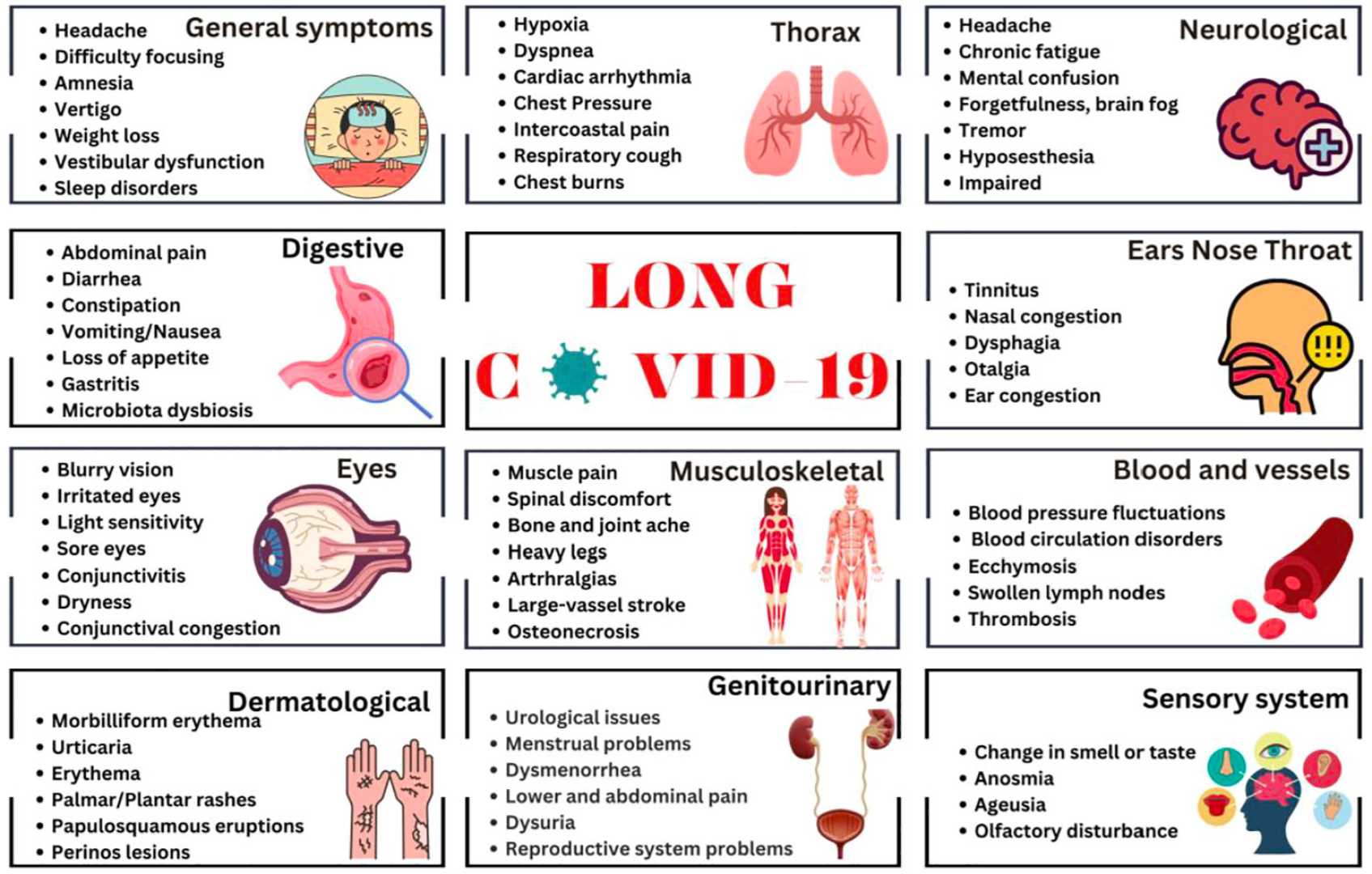Health
Study Links Excess Weight to Long COVID Neurological Symptoms

BRAZIL – A systematic review and meta-analysis published in PLOS One reveals that excess body weight significantly correlates with long COVID neurological symptoms. The study involved nearly 140,000 participants, highlighting a troubling trend among individuals with overweight and obesity.
Lead researcher Débora Barbosa Ronca, a PhD student at the University of Brasília, noted that this research builds upon established links between obesity and adverse COVID-19 outcomes. The findings indicate that individuals with excess weight face a higher risk of persistent symptoms like headaches, vertigo, sleep difficulties, and depression.
The analysis compared adults with excess weight, defined as having a body mass index (BMI) over 25, to those of normal weight, and those with obesity to non-obese individuals. The results showed that adults with excess weight had a risk ratio of 1.21 for depression and 1.43 for memory issues. Notably, obesity was associated with persistent headaches (risk ratio 1.45) and sensory disorders, including loss of smell and taste.
Ronca emphasized the urgent need for tailored intervention strategies for those affected by long COVID. “Individuals with these conditions require personalized care management,” she said. “Integrating weight management and mental health support into post-COVID care plans can significantly improve recovery and quality of life.”
The authors acknowledged limitations in their study, particularly the challenge of establishing causal relationships due to the cross-sectional nature of most included research. Nevertheless, they underscored the importance of these findings in informing public health strategies during the ongoing management of long COVID.
While more research is needed to fully understand the mechanisms connecting excess weight and long COVID symptoms, Ronca pointed to chronic inflammation and the role of adipose tissue in exacerbating vulnerability to infection as potential areas for investigation.












